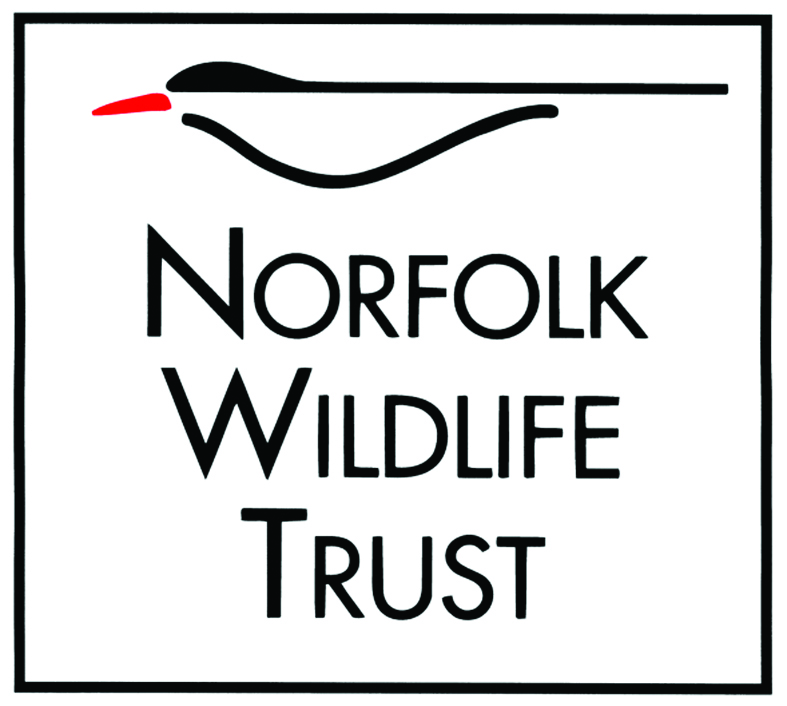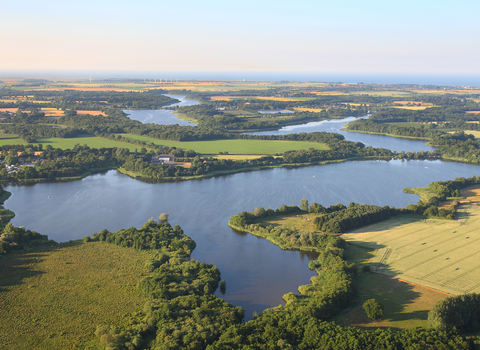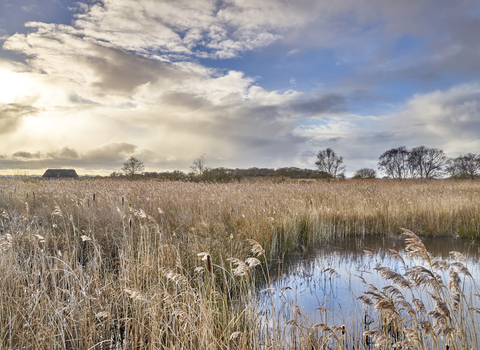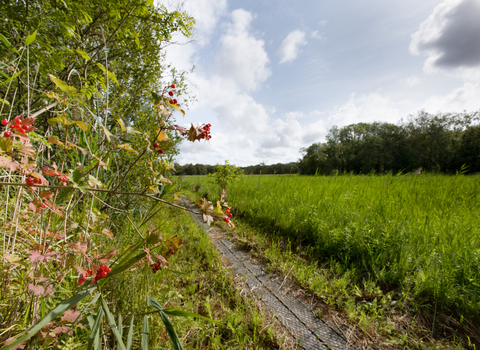Martham Broad and Marshes (credit: Richard Osbourne)
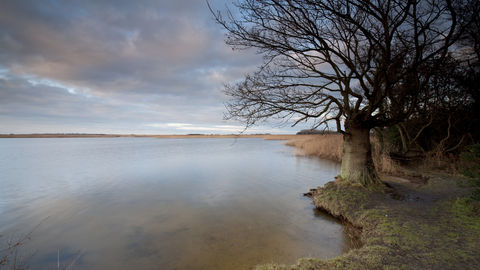
Martham Broad and Marshes (credit: Richard Osbourne)
Martham Broad and Marshes
Location
OS Map Reference
TG 468 201Know before you go
Dogs
No dogs permitted on reserve apart from assistance dogs. Dogs on a lead on all other paths.
When to visit
Opening times
Dawn till dusk, every day, all year roundBest time to visit
The reserve is worth exploring at any time of year, but an early morning visit in spring to listen to the dawn chorus is a glorious experience.About the reserve
Martham is the Norfolk Broads at its very best. The River Thurne runs through its heart, and being at the head of the river system means the water is beautifully clean and clear. You’ll be treated to wonderful views of shoals of bream and roach glimmering through the water, and maybe even a glimpse of large, predatory pike lurking beneath the surface.
The clean, clear water has allowed both the river and broad to maintain a wide range of aquatic plants. Many are found in only a few broads in Norfolk and nowhere else in the UK, such as the holly-leaved naiad. The surrounding reedbed, fen and marsh are home to the full suite of Broadland flowers. An impressive number of bird species including bittern, bearded tit, marsh harrier, and an array of warblers breed here in summer.
Visit in the winter and you’ll often find merlin, hen harrier and even barn owl flying low, known as ‘quartering’, over the nearby fields. Winter also finds large flocks of ducks and geese on the reserve. Occasionally sea duck, such as scaup and common scoter, pay a visit after a north-easterly storm has struck the coast. The recently returned, and rather stately, common crane frequently use the reserve and flocks of the birds are regularly seen flying over.
In late May and June, Martham is an excellent place to search for the magnificent swallowtail, Britain’s largest butterfly. Local specialty, the Norfolk hawker dragonfly can be seen here too.
Otters and water voles enjoy Martham’s beautiful waters and marshland – and the very rare, migratory Nathusius’ pipistrelle bat has been recorded here too.
Species
Habitat
Contact us
Environmental designation
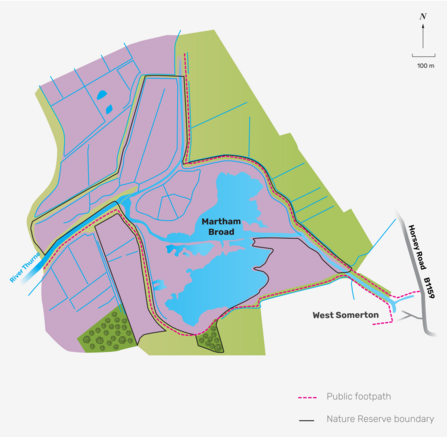
Seasonal highlights
Spring
Birds: kingfisher, marsh harrier.
Mammals: otter, water vole.
Plants: yellow flag iris, marsh marigold, ragged robin.
Summer
Birds: common tern, reed and sedge warblers.
Invertebrates: swallowtail butterfly, banded demoiselle dragonfly, Norfolk hawker dragonfly, black-tailed skimmer dragonfly.
Plants: milk parsley, crested-buckler fern.
Autumn
Birds: great crested grebe, kingfisher.
Winter
Birds: goldeneye, tufted duck, pochard, teal, bittern.
